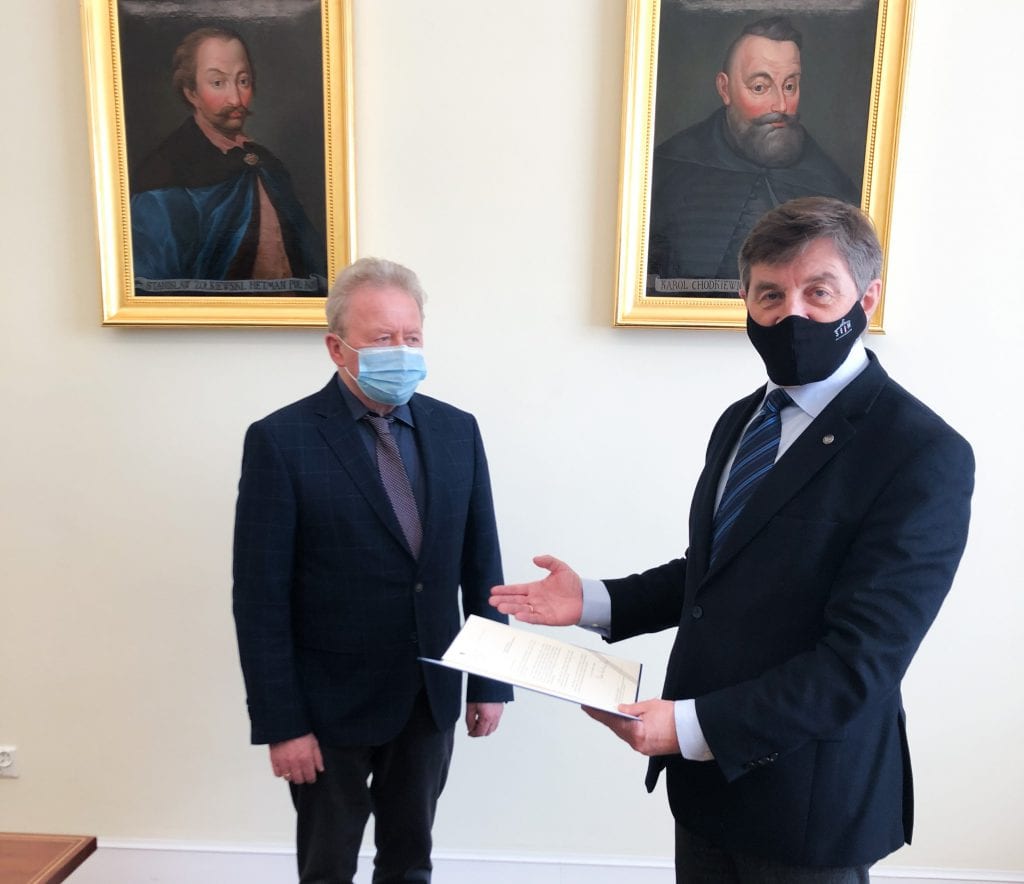Quality, not quantity, nature, not chemicals, homemade, not mass-produced - with these slogans one can briefly characterize the EU Green Deal, which includes two strategies: Farm to fork and biodiversity conservation.
There are not enough organic farms on the Polish market. The introduction of the Green Deal has a chance to change this: care for the environment and animal welfare should pay off for the farmer.
Agriculture Commissioner Janusz Wojciechowski highlights that the organic sector is already developing impressively. In the last two decades, organically farmed land has grown significantly to reach 8% of total agricultural land. Demand for organic products is also growing steadily. The value of organic retail sales has doubled in the last ten years alone. The organic sector is already considered one of the most dynamic sectors in Europe.
Forests and water are extremely important elements of the strategy. The new forestry strategy will set out the contribution of forests to the transition to a sustainable and climate-neutral economy by 2050.
One of the key ecosystem services provided by forests is water-related: forests purify water, regulate water flow, and can help protect soils from erosion and desertification. In addition, forests play a key protective role in areas at risk of flooding or avalanches. The new forest strategy will seek to better prevent damage and destruction, ensure forest resilience and health, and maximize and encourage the provision of these functions while increasing their productive capacity.
mo



